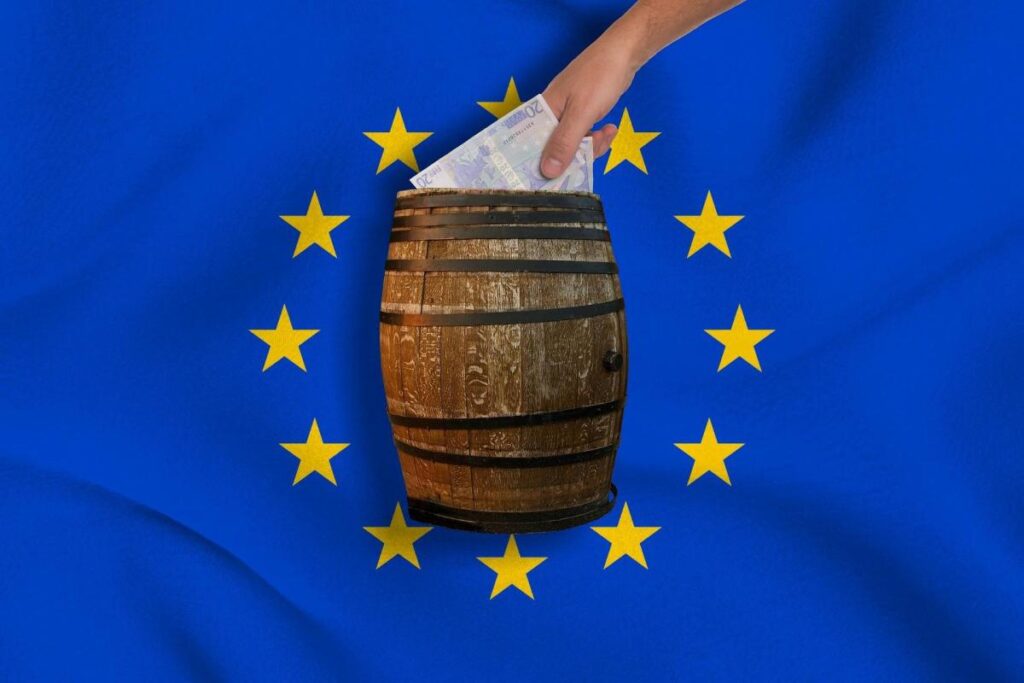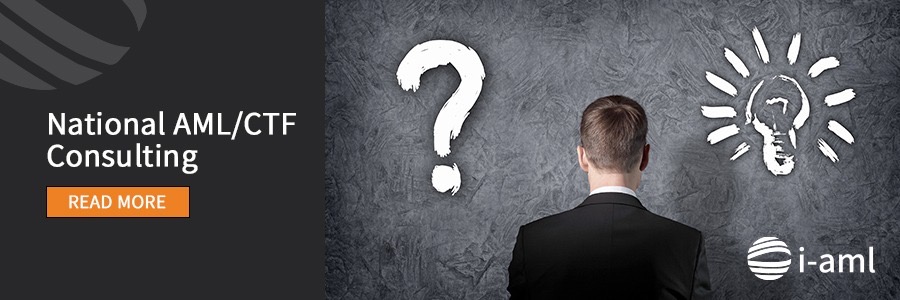Money laundering and terrorist financing is a global threat that is increasing day by day. With the development of technology in recent years, various ways of money laundering have been added, and AML risks have increased.
In addition to the risk assessment carried out by financial institutions to prevent the use of their products and services in money laundering and terrorist financing, countries try to avoid money laundering with laws and sanctions.
Europe, which has many wealthy countries, is a favorite of criminals who want to launder money. European countries, which continue to fight money laundering with the laws and sanctions they have enacted, and which have often shown success, are exhibiting studies that will be an example to other countries with their efforts to eliminate the deficiencies in AML regimes.
Anti-Money Laundering (AML) in Germany
Germany, the largest economy in the European Union, is seen as a money laundering heaven. The fact that it has become a prosperous business center by receiving investments from many parts of the world has made it a popular target for those who try to launder illegal money and finance terrorist activities. As a result, the fight against money laundering has become a priority in Germany. According to data obtained as a result of the investigations, about 100 billion euros are laundered every year in Germany, and there were about 115,000 suspects in money laundering cases in 2019.
In consequence, on 18 March 2021, the German government adopted the new Article 261 of the Criminal Code (StGB). They introduced the clause, the crime of money laundering. At the same time, it has applied an EU directive to national law, more strictly than the EU requires.
.
.
The Federal Financial Supervisory Authority (BaFIN), established in May 20002, and the German banking, securities, and insurance sector regulators were merged into a single financial sector regulator. BaFIN aims to ensure the integrity and stability of the German financial system. At the same time, Germany established a Financial Intelligence Unit (FIU) within the Federal Criminal Police in 2002. The FIU is responsible for developing a database that analyzes reports and responds to reports of suspicious transactions.
Financial Action Task Force (FATF) concluded at the last meeting that although Germany has made progress in combating money laundering and terrorism financing (AML/CFT), some of the recent reforms are not yet fully effective.
Anti-Money Laundering (AML) in the Netherlands
Having the 19th largest economy in the world, the Netherlands has become a global financial center with its developed financial services sector. In addition to being subordinate to the European Central Bank, it is seen that the banking sector constitutes a large part of its economy by having its central bank, De Nederlandsche Bank.
Wwft, the Dutch Anti-Money Laundering and Terrorism Financing Act, which was created to protect the financial system’s integrity, requires financial service providers to conduct complete customer inquiries before carrying out their activities. In addition to the Netherlands’ comprehensive laws, the Dutch Financial Intelligence Unit is also one of the critical regulators for preventing money laundering.
Some Dutch banks have faced severe sanctions for serious AML law violations in the last few years. Still, the Financial Action Task Force (FATF) praised the Netherlands for its improvements to the AML/CFT framework and its substantial compliance with FATF standards at its last meeting in Berlin. In addition, the country was nevertheless encouraged to allocate more resources to strengthen risk-based supervision and combat unlicensed activities.
Anti-Money Laundering (AML) in France
France, the 7th largest economy in the world, is an attractive destination for money laundering due to its political stability and sophisticated financial system. In France, which maintains a comprehensive Anti-Money Laundering (AML), the most common money laundering methods include using bank deposits, foreign exchange and gold transactions, real estate, and artwork.
Autorité des Marchés Financiers (AMF), the regulatory authority of the French financial markets, places money laundering and terrorist financing among its main supervisory priorities. France is not included in the FATF List of Countries identified as having strategic AML deficiencies. According to the recent mutual assessment, France was compliant for 40 of the FATF 19 Recommendations and largely compliant for 18.
France has been recognized as an Area of Primary Concern by the U.S. 2016 International Narcotics Control Strategy Report (INCSR). According to the report’s main findings, France is a suitable place for money laundering due to its large economy, developed financial system, and trade relations with the Frankish countries.link Online games and social networks are and should be regulated in France, where the use of money to you is most common. In addition, sports teams have become another source of money laundering.
Anti-Money Laundering (AML) in Spain
Money laundering is considered a severe crime in Spain, which has the 6th largest economy in Europe. Spain, which added money laundering to its criminal code in 1988, expanded the law between 1995 and 2003 and increased penalties to prevent the developing and changing methods of money laundering over time. With the Royal Decree, the financial sector must know its customers, identify them and report suspicious transactions.
Spain, a member of the FATF and the European Union, should base its AML policy and regulation on the recommendations published by the FATF link. Spain is not included in the list of FATF countries, which among the countries with AML deficiencies. According to the latest mutual assessment, Spain was compliant for 40 of the FATF 28 Recommendation and largely compliant for 10.
The fact that Spain is a large economy with a developed financial sector exposes it to ML/TF risks like other countries with large economies. Nevertheless, Spain successfully conducts its efforts to identify, assess and mitigate risk laundering deficits.
.
August 14, 2022 Published by The Sanction Scanner.







